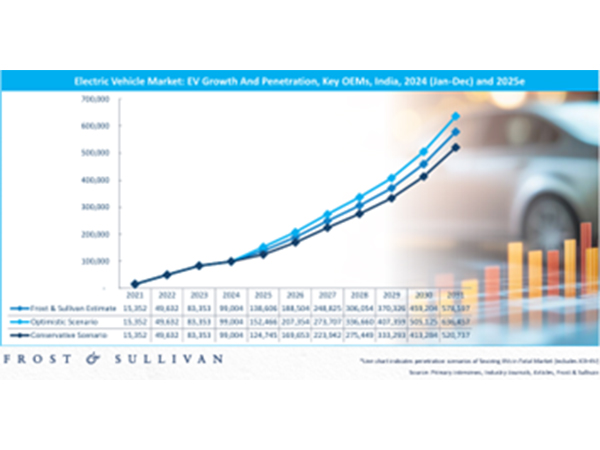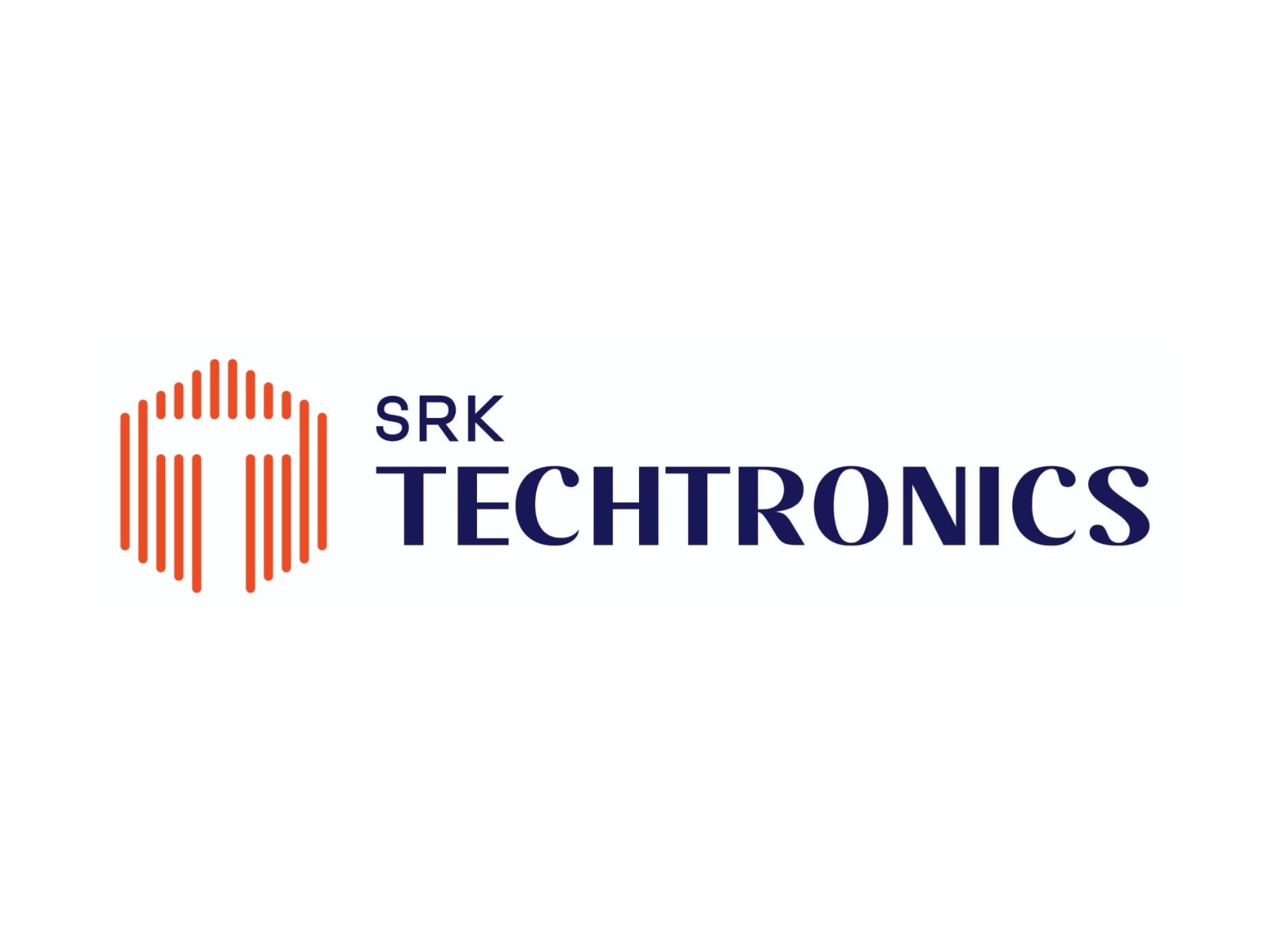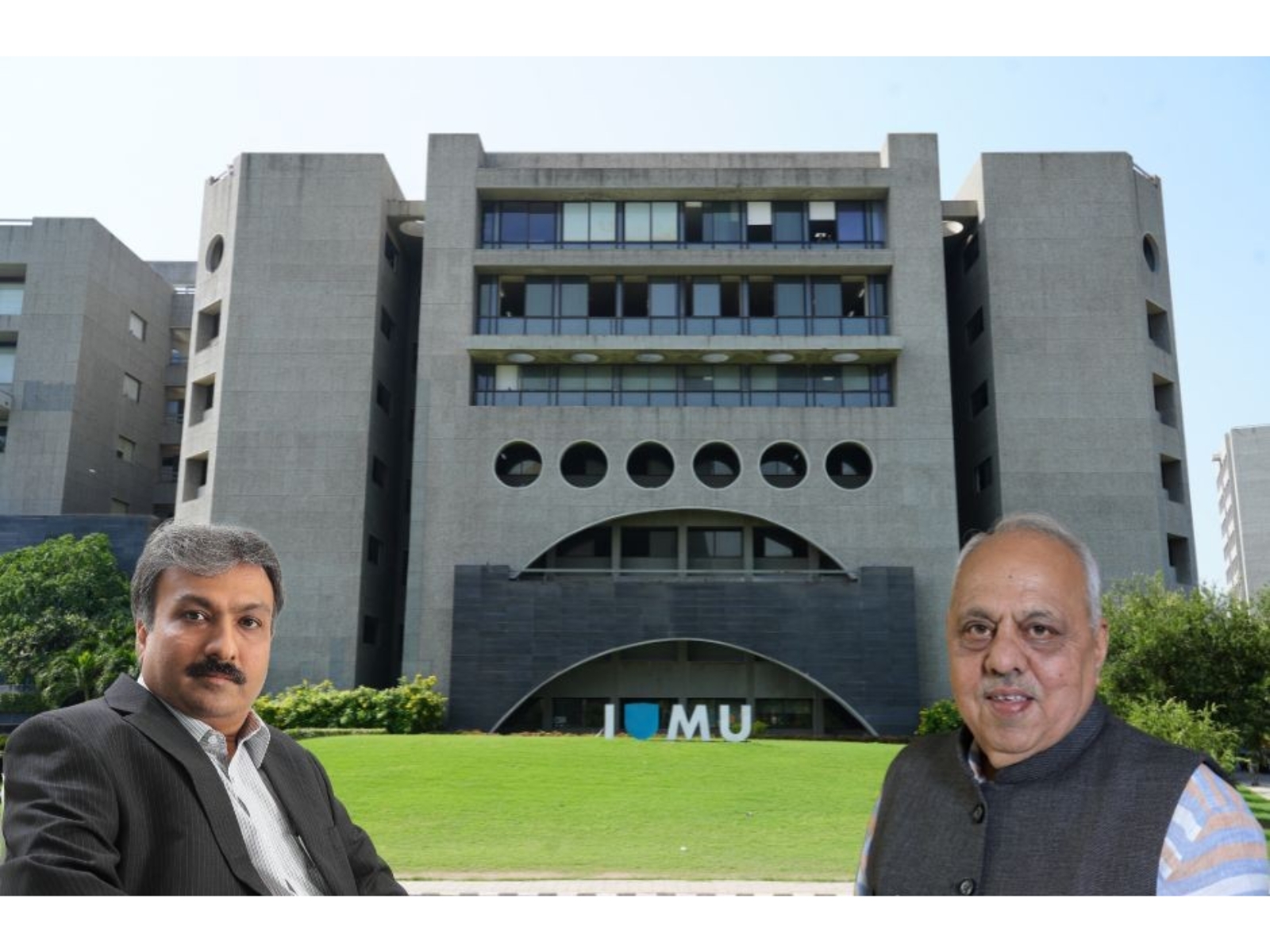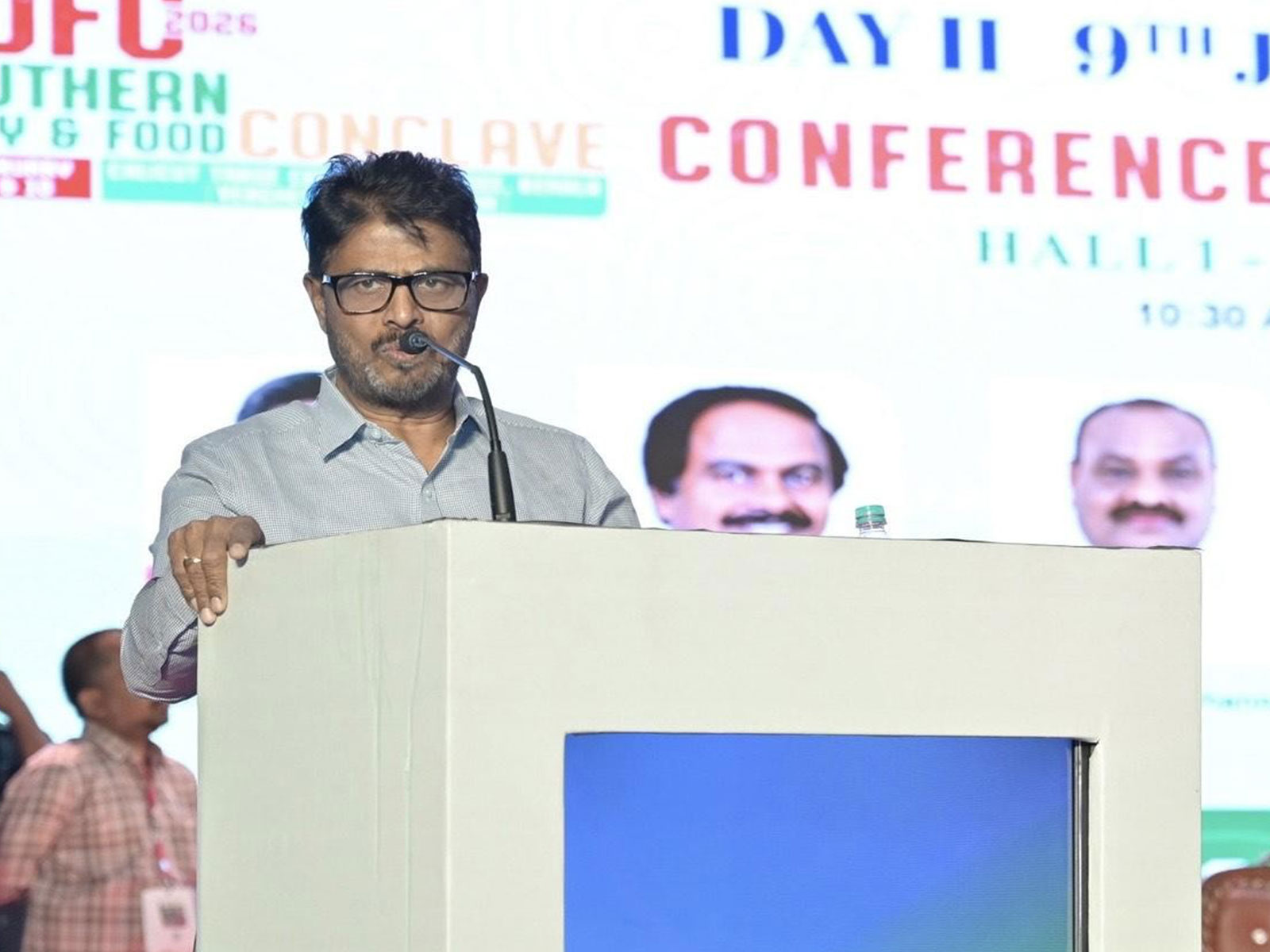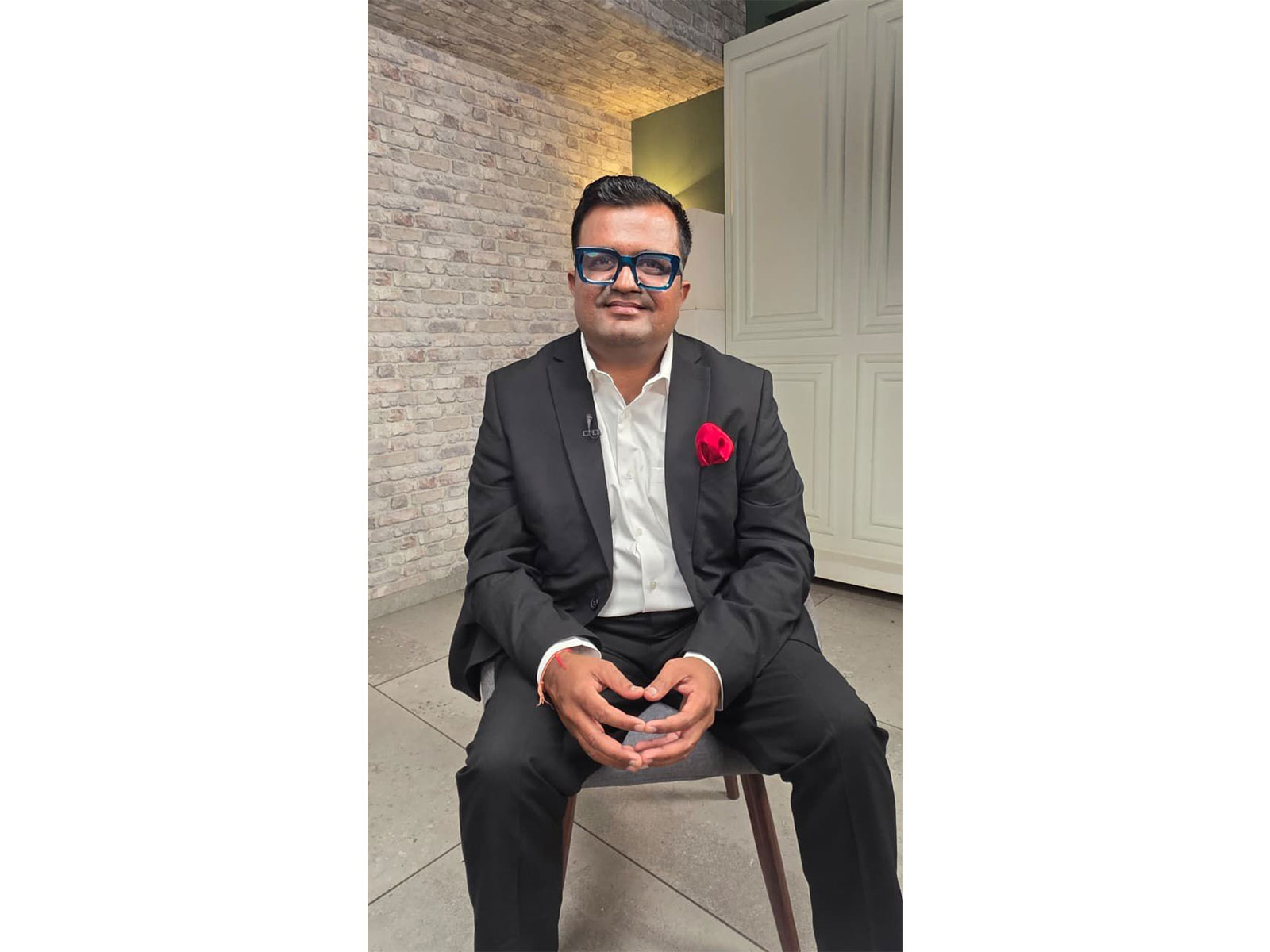India's EV Industry Set to Achieve 80%+ Localisation and Cross-Border Expansion: EV 2025 Charts Next 5-Year Disruption Map
Jul 02, 2025
VMPL
Chennai (Tamil Nadu) [India], July 2: Entrepreneur India EV 2025, held in Chennai on June 27-28, catalyzed bold conversations around India's electric future, bringing together policy visionaries, industry stalwarts, and capital enablers. The summit was a powerhouse of insights, partnerships and next-gen strategies--making it clear that India isn't just part of the global EV race; it's aiming for pole position.
Kicking off the two-day conference, Ms. Ashita Marya, CEO of Franchise India, delivered a compelling call to action:
"From a projected $27.7 billion battery market by 2028 to EVs making up 4.1% of car sales this May--the shift is real, rapid, and irreversible. This conference is about turning conversations into collaborations and ideas into execution."
Day 1: Infrastructure, Innovation & Policy Synergy
The day's keynote address was delivered by Mr. Tin Hang Liu, Co-Founder & CEO of Open Energy, on "The DeepSeek Moment for the EV Charging Infrastructure - Ultra-Fast Charging (BYD)". His talk emphasized the transformative role of ultra-fast EV charging in driving mainstream EV adoption, positioning it as a pivotal element of India's mobility roadmap.
A standout moment was the release of Frost & Sullivan's report, "Transformative Trends in the Indian Electric Vehicle Market - 2025 & Beyond", which highlighted the seismic shifts poised to reshape the EV landscape over the next five years.
Mr. Prajyot N Sathe, Research Director, Frost & Sullivan, noted: "India has the potential to achieve over 80% localisation of EV components (excluding cells), which will not only bring down costs but also unlock export opportunities to neighboring markets. This localisation push--if strategically executed--could define India's leadership in global EV manufacturing."
The report also stressed the urgency of addressing raw material dependency, which is expected to persist at least until 2030.
"While sodium-ion technology is a promising candidate for the Indian market, its mass adoption remains uncertain. The key will be collaboration between academia, OEMs, and startups, supported by robust government policy," Sathe added.
Some Key takeaways from the report are:
-The Global passenger EV market is likely to reach 20 million units in 2025 for BEV+PHEV recording a penetration of 20+% in the light duty vehicle sales.
-The Indian market is likely to record ~138,000 in unit sales in (Jan-Dec) 2025 with almost all of it being BEVs and marking a growth of ~40%.
-EV models will have Driver-assist features in premium segments in the near term, however, in the long-term autonomous fleets will operate in gated communities.
-OEMs will have to adjust its strategies to the ongoing trends based on market conditions
-and application. PEV OEMs will have to flexible in its strategies due to charging conditions.
-Incentive Schemes have helped the EV market to transform with initial support for consumers for direct purchase with current focus on localization of components.
-Government support is not limited to EV sales but is also focusing on al type of applications such as e2w, e3w, 3Buses and charging infrastructure.
-By 2030, EV sales are likely to reach close to ~700,000 units with a stiff competition between Tata, M&M and MG with different type of business models.
-There is a strong indication of introduction of PHEVs and eREVs in the Indian market with alternate fuel vehicles. For example, Ethanol + Battery and range extender options.
-OEMs will focus on collaborating with domestic auto components manufacturers for battery packs, power electronics, and thermal systems to localize core EV system.
-The market will experience technology advancements that will ultimately drive innovations to achieve lower cost of vehicles.
-The market will continue to depend on the Chinese companies for battery technology mainly due to its expertise in the area.
-Import duty exemption on crucial battery components and production-linked incentive (PLI) schemes to drive domestic production capability.
A Panel discussion with Dr. Anita Gupta, DST, Govt. of India, and Dr. Ashok Jhunjhunwala, IIT Madras, took place.
"We must stop thinking of electrification as a distant dream. The real crisis isn't just fossil fuels--it's our continued inefficiency and the way we design systems that waste energy by default. Unless we build an ecosystem powered by genuinely green electricity and supported by reliable infrastructure, EV adoption will be only half a solution. The goal is not just to replace petrol with power, but to reimagine how mobility, storage, and sustainability intersect at scale."- Padmashri Dr. Ashok Jhunjhunwala
Another marquee session was a discussion on Deep-dives on EV consumer behaviour, autonomous design, and urban charging integrations.
Day 2: Capital, Chemistry & Scalable Ecosystems
The second day opened with a visionary address by Mr. Mahesh Babu, Global CEO, Switch Mobility:
"India is not just adapting to change--we're driving it. From policy breakthroughs to grassroots innovation, the momentum in our mobility and technology sectors is unstoppable. But to reach the next milestone, we need more than just investment--we need intent, collaboration, and bold execution."
The Verdict: EV 2025 Is a Launchpad, Not Just a Conference
With over a dozen breakout sessions, high-profile launches, and actionable policy talk, Entrepreneur India EV 2025 underlined a singular truth: India's EV movement is shifting from aspiration to acceleration. The next five years will be shaped by deep localisation, strategic chemistry bets, and global ambition--with India not just going green, but going bold.
(ADVERTORIAL DISCLAIMER: The above press release has been provided by VMPL. ANI will not be responsible in any way for the content of the same)
